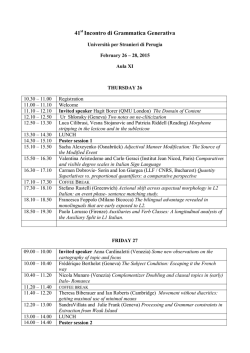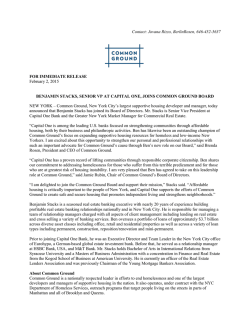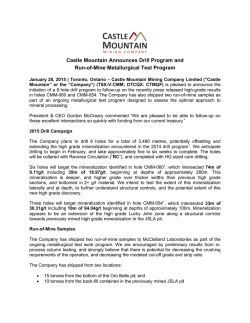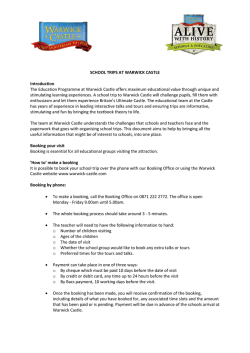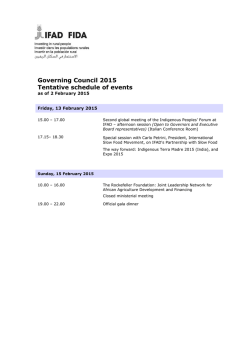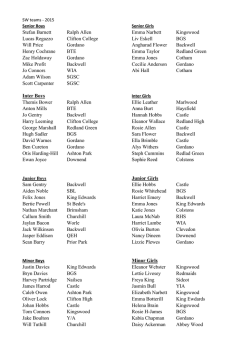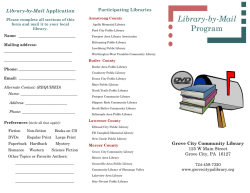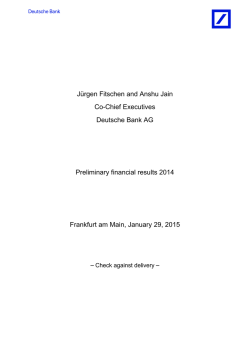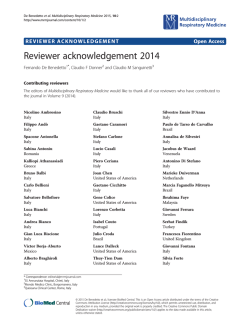
For sale: Tuscan view, history and Italian taxes
For sale: Tuscan view, history and Italian taxes PONTASSIEVE, ITALY BY GAIA PIANIGIANI Nestled on a gentle Tuscan hill near this town just east of Florence, and caressed by the morning fog, sits a medieval castle that was once home to the few prominent noble families who plotted against the Medicis' rule during the Renaissance , some of whom are believed to have taken refuge here. For centuries after, the descendants of the nobles and the peasants who served them lived sheltered by the fortress's crenelated walls or in the nearby country houses, and went to Mass in a rose stone church: "I remember a procession of over 25 farmers' families to the Sunday's Mass here up until the late 1960s," said Franco Viliani, 80, a former manager of the estate. "It might sound strange for a pseudo-feudal system, but that was a form of inclusion. Afterward, we have seen some owners once or twice a year." Today, the entire estate is deserted and up for sale, castle, church and all. While that might seem an exceptional circumstance; increasingly for Italy, it is not. While castles and historic mansions in Italy have long been family inheritances, today dozens of them are for sale, even in one of the most conservative real estate markets in Europe. In recent years, Italy's well-rooted inherited wealth has withered from a potent combination of factors. They in-, clude the increasing costs of living and services, the shaky finances of owners in a time of lingering economic trouble, cuts in government subsidies to maintain historical properties and, not least, mushrooming property taxes. "The Italian market is mostly historical - mansions pass from generation to generation," said Dimitri Corti, chief executive at Lionard, an exclusive real estate company based in Florence whose portfolio includes about 70 castles in central and northern Italy. "It is not necessarily true that the owner is a millionaire, like one can assume in countries like the United States or England," he added. "Some do need liquidity." Moreover, those with the money to buy are frequently not Italians, a worrisome circumstance to some here who bemoan the loss of historical and family patrimony to a newly moneyed global elite. The bulk of Lionard's sellers are Italians, Mr. Corti said, while a majority of buyers are foreigners. They predominantly seek villas or mansions in Tuscany, and are ready to spend an average of 6 or 7 million euros (about,$6.75 million to $7.85 million). "It is no longer-reasonable to think that the owner of a neighboring castle would buy yours," Mr. Corti added. "It's most likely to be a Russian, or a Chinese: " Indeed, more than 50 percent of Lionard's clients come from Russia and the former Soviet Union, while the rest mostly live in North America. Other luxury realtors, like Sotheby's Italian branch, have a more diverse clientele, ranging from the Arab countries to China, plus Russia and North America. Despite relatively low incomes, Italians have historically inherited properties and benefited from low property taxes, helping them to afford their housing or to invest in more real estate. In 2011, as the financial crisis deepened and the government came under pressure to balance its books, the technocratic prime minister, Mario Monti, raised property taxes and started a review of the land register's assessment of home values. On historic buildings, where owners used to pay little as compensation for the elevated costs of maintaining centu-ries-old structures, the taxes increased by 20 or 30 times, depending on the property's location. On some buildings, taxes spiked from 3,000 euros in 2011 to 75,000 euros by 2013. That might be a small figure for castle dwellers in Britain, but it is a burden for Italian pockets, especially in regions where the property's market value or tourism interest is low. Once, the 4,600 square feet on five floors of the Tavolese castle, about 19 "It is no longer reasonable to think that the owner of a neighboring castle would buy yòurs. It's most likely to be a Russian, or a Chinese:' miles south of Florence, housed the noble Uberti family, mentioned in Dante's "Divine Comedy," and then the Canigiani family, whose daughter Elena gave birth to the illustrious Renaissance poet Francesco Petrarch. The 14th-century castle was turned into a lavish bed and breakfast and wedding venue. But today, the fruits of the estate's 5,000 olive trees have not been picked for years, and the newlyweds' bed from remains unmade. Buyers can make it theirs for 18 million euros. But buyer beware: Living a nobleman's life in Italy comes at a cost, even for many tycoons. New owners face the FNOPORiHGNEWYO The Torre a Decima castle in Tluscany. Cuts in government subsidies to maintain historical properties andsoaring property taxes have made such estates too expensive for many owners. same onerous bureaùcracy as Italians to make even minimal changes to many older properties. Urider Italian law, the owner of a historic building is its custodian , bound to maintain it and grant its security and, in some cases , its use to the public. Many buyers give up on properties of great. historic value, but in bad condition, for this reason, brokers said. "This is a problem for possible investors, who want to have modern comforts like a spa, air-conditioning or a lift," said Mr. Pallavicini, of the Italian Historic Houses Association. "We I no longer live like in 1800," he added. "But 99 percent of those changes are either impossible or extremely bureaucratic and complicated in an Italian historic building." At the same time, many of the association's 5,500 members would prefer neyer to sell their property, he said. "They have an umbilical cord to that building," he said. "They were maybe raised there. Selling is not an öption, as long as they can resist: ' But while selling may be hard to swallow, too often the only other option is abandonment, especially for castles and monuments not located in tourist regions. "If a Tiscan owner who sells his mansion can hope in a Russian, British or American buyer to restore his family's finances, we can't," said Francesco Scardaccione, the owner of a historicpalazzo and two country estates, and president of the Italian Historic Houses Association branch in the southern region of Basilicata. "What is going to happen ," he asked, "the day we will no longer be able to afford it?"
© Copyright 2026

